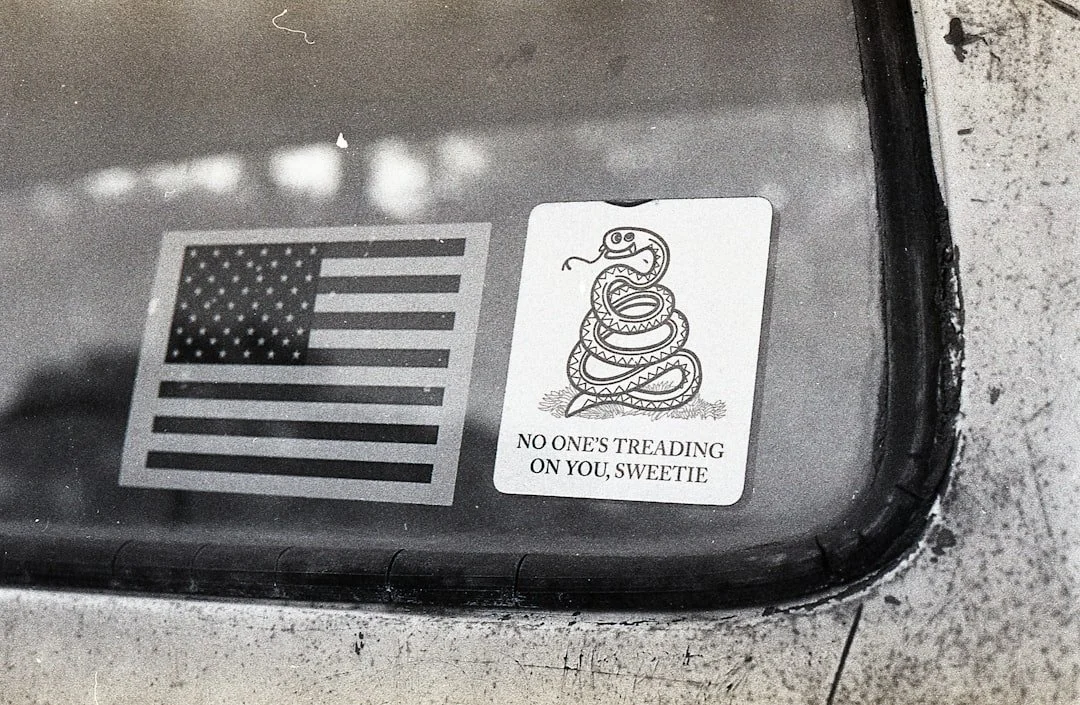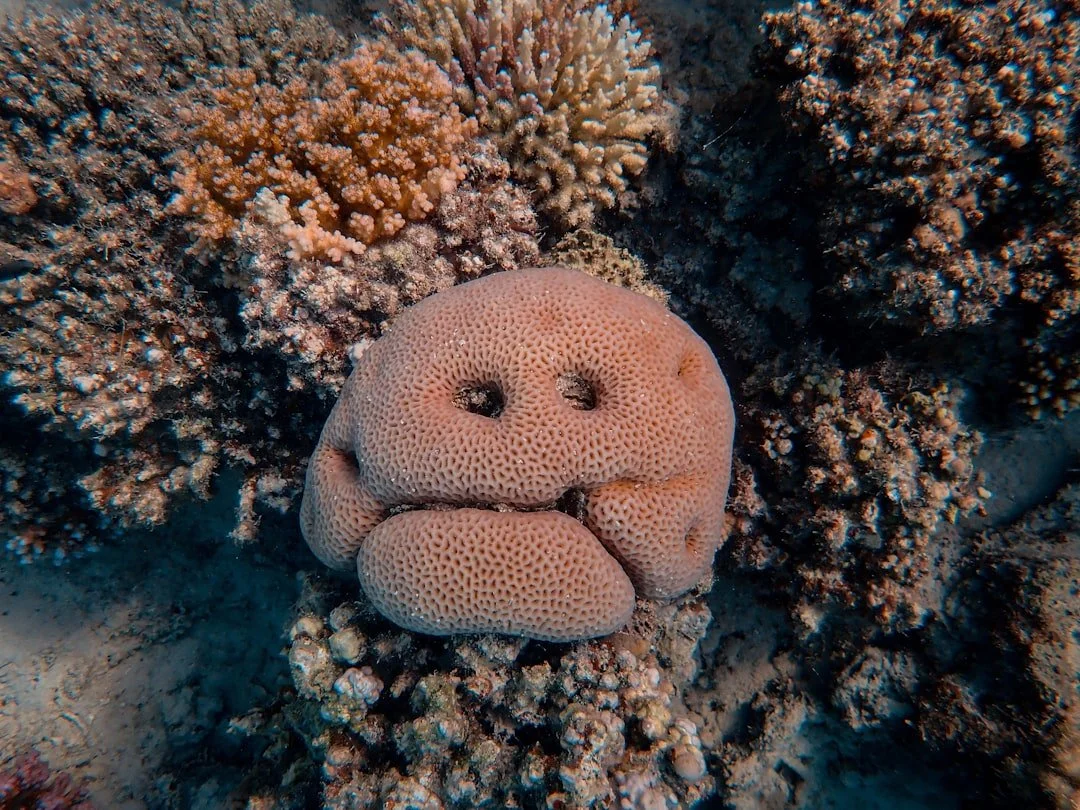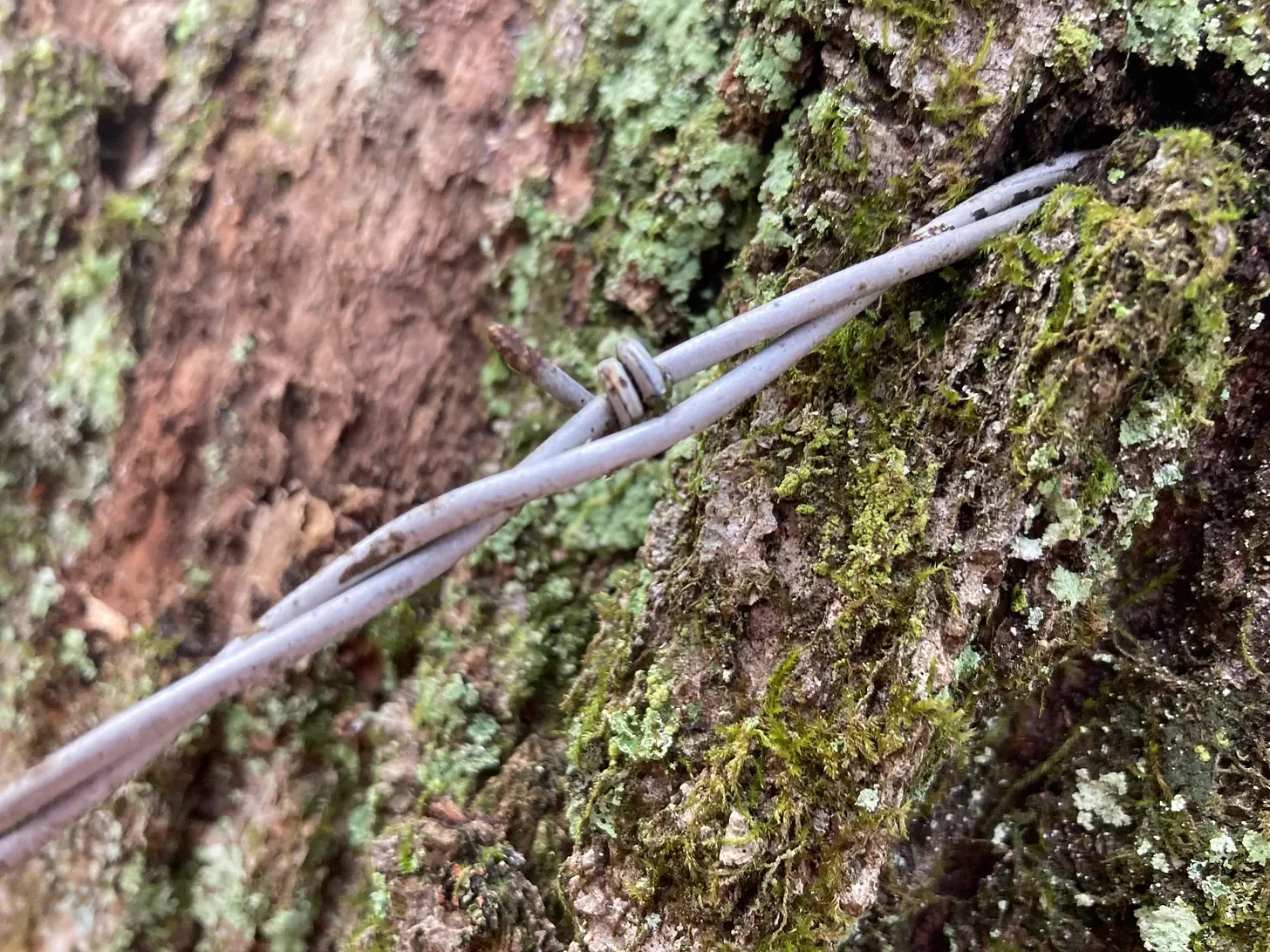Sensitivity as Resistance
It’s a callous, callus-forming kind of time right now, friends. So much abrasion from the outside, the inside, all the sides. Most folks I’ve encountered this week, and I myself — we — are all chafing to some extent against the harshness erupting with blistering speed from the White House. Nerves are rubbed raw. And let’s face it, there’s simply nowhere near enough emollient or baby powder in the world to bring relief from this insanity. In fact, forget relief. Welding masks and heat shields are probably a far better gear choice for dealing with the sparks flying off the chaos of this week.
And of course, as we might expect, we all seem to be dealing with the surreality of current reality in our own ways. Some of us are setting our jaws and our bayonets, putting on our armor and charging full speed ahead onto the battlefield. Others are weeping and tearing at our garments, viscerally feeling every granule of grief and disbelief. Others are somewhere in the messy middle.
I personally believe there is no right or wrong in any of these responses. Yet I’ve noticed that culturally, we seem be much more comfortable with toughness and pushback as a strategy for coping with what’s unfurling. And of course we are. The American ethos is all about rugged individualism and action.
The Gadsden flag symbolizes this reaction perfectly, doesn’t it? And that thing has been around since the American Revolution. Don’t tread on me. It’s the ultimate middle-finger salute, the rallying cry of self will that’s eaten its Wheaties and washed it down with a can of Red Bull.
“When people hear needs, it provokes compassion. When people hear diagnoses, it provokes defensiveness and attack.” [Quote by Marshall Rosenberg; Photo by Paul Esch-Laurent on Unsplash]
But this fierce determination to bulldoze right over anything that gets in the way of how we think things should be strikes me as suspect. So does the equally fierce resolve not to waste a moment’s time dilly-dallying over something as useless as the acknowledgement and/or expression of vulnerable feelings.
Let me hasten to add here that I’m very aware of a real urgency to prevent actual harms being perpetrated. I’m not out to minimize that, nor to suggest that we should be all about feeling and not at all about acting. In fact, I’m all for taking actions to — at the very least — slow encroaching threats to life and liberty. Yet even that gets sticky, because so many of us are in disagreement about what constitutes threat and what constitutes freedom.
That said, my own lived experience tells me that some of us are constitutionally better equipped for action and others for feeling. And that makes sense from a biological perspective. If I recall correctly (and I may not, as it’s been a minute since high school), Biology 101 tells us how important species diversity is for the stability and resilience of ecosystems.
It makes one wonder whether anyone in the new administration passed Biology 101, doesn’t it?
Google expresses skepticism.
As one who continues to put stock in mainstream science, it brings me some amount of comfort when it comports with lived experience. In this case, it’s agreeing with my experience of humans differing in our levels of sensory sensitivity. We’re not all wired the same in that regard. It’s estimated that something like 15-30% (recent research suggests the upper end of that range) of the general population has what’s known as sensory processing sensitivity (SPS). As a Highly Sensitive Person (HSP), I count myself among them.
Those of us with SPS tend to process all information (thoughts, emotions, sensory stimuli) deeply. We also share a number of common characteristics, including a susceptibility to sponging up other people’s emotions. And boyo, are there are a lot of emotions to be sponged up at this moment in time.
“Let the waters settle and you will see the moon and the stars mirrored in your own being.” [Quote by Rumi; Photo by Francesco Ungaro @ungarophrancesco on Unsplash]
It stands to reason that there must be some biological benefit of SPS that led it to become a naturally occurring trait, right? Indeed, there is! As it turns out, greater sensitivity enables one to pick up on both threats and opportunities that those less sensitive might overlook. This was especially handy back in the day when we were hunter-gatherers. The sensory intel we picked up helped the more action-oriented members of our tribes to find edibles and also to avoid becoming edibles.
But nowadays, we moderns hunt and gather in the relative safety of the grocery store. So it may seem that a high level of sensory sensitivity is at the very least obsolete, if not an outright liability. Cultural messages reinforce this idea by centering and rewarding action, speed, productivity, and toughness. At the same time, the dominant messaging undervalues, discourages and sometimes pathologizes sensitivity and deep processing.
I don’t like this messaging. Thanks for getting that, Google.
This cultural bias often leaves HSPs feeling alone and isolated. Like we’ve remained naked as the day we were born while the rest of the world has been outfitted with noise-cancelling headphones, sleeping masks, Teflon suits, and benzodiazepine continuous delivery systems.
It feels especially so when outward expressions of our sensitivity provoke reactive feedback from less sensitive folks. All too often, this feedback penetrates us like arrows tipped with toxic shame, regardless of whether it’s intended that way or not. Some of the arrows commonly pulled from the quiver to shut down our sensitivity include:
You’re so intense;
you’re too sensitive;
you think too much;
you’re overthinking things;
you take things too personally;
lighten up, it’s no big deal;
it was just a joke;
just relax
calm down; and
eyeroll.
These kinds of barbs often go unrecognized and unacknowledged because they’ve been normalized by the overculture. But they’re anything but innocuous. Over time, many of us absorb them until they crystallize into an internalized shaming voice. A voice with which we gaslight ourselves into masking our sensitivity. And/or apologizing for it when it squeaks out sideways.
“Heaven knows we need never be ashamed of our tears, for they are rain upon the blinding dust of earth, overlying our hard hearts.” [Quote by Charles Dickens; photo by me]
I noticed myself feeling some pressure to do that this past week when people have asked me that most dreaded of questions:
How are you?
In response to this deceptively simple and incredibly complex question, I’ve felt a near-irresistible urge to self-abandon, particularly when this has happened in a group setting. That’s because I’ve been conditioned over a long period of years to tuck my sensitivity away, lest it draw any of those poison-tipped arrows I mentioned. I learned to bring joy, bring humor, bring aloofness, bring bravado, bring just about anything, and fake it — if fake it I must — to make sure I didn’t come off as too sensitive.
I really do get it that not everyone who brings joy, humor or any of the less vulnerable states of being is faking it or covering up their true feelings. I also get it as to why those of us whose true feelings are of the vulnerable variety might feel hell-bent on not showing it.
The loneliness of being seen in our sensitivity can feel excruciating. And abject loneliness, in turn, can feel utterly terrifying. And again biology makes sense of this for us. Humans are social animals, and rejection can feel fundamentally fatal to our animal self.
The warning label that does not come on vulnerable feelings.
But here’s another thing I’ve come to this week. Embracing our innate sensitivity, swaddled as it may be in vulnerability, is also courageous. I believe it may even be an act of service to others during this time of desperate need for displays of such courage.
Being openly out as an HSP (and as whatever other marginalized identities we might hold — for me, as a trans person) is its own kind of rallying cry. The kind of rallying cry that resonates with the authority of authenticity, and also the kind that sends a clear message of resistance to the irrational authority of one-size-fits-all models of “normalcy.”
And so, friends, that’s my rallying cry. Bring yourselves wholeheartedly, everywhere you go. Your real, whole selves, with their organically perfect levels of sensitivity, whatever those may be. And if, like me, your skin is naturally thin, embrace it as the cloak of the superhero you are. SPS is a bonafide gift that brings color and multidimensionality to the world in the form of empathy, insight, creativity and much more.
Less chafing and monochromatism. More self-acceptance and sensory biodiversity in our ecosystem. More ability to focus on what really matters. That’s my wish for you, for me, for all of us. That and the ability to rest comfortably in our own skin.
“Spend enough time putting yourself out there in the world — your sensitivity is not something to be feared.” [Quote by Elaine N. Aron; Photo by Ekaterina Kuznetsovaon Unsplash]







